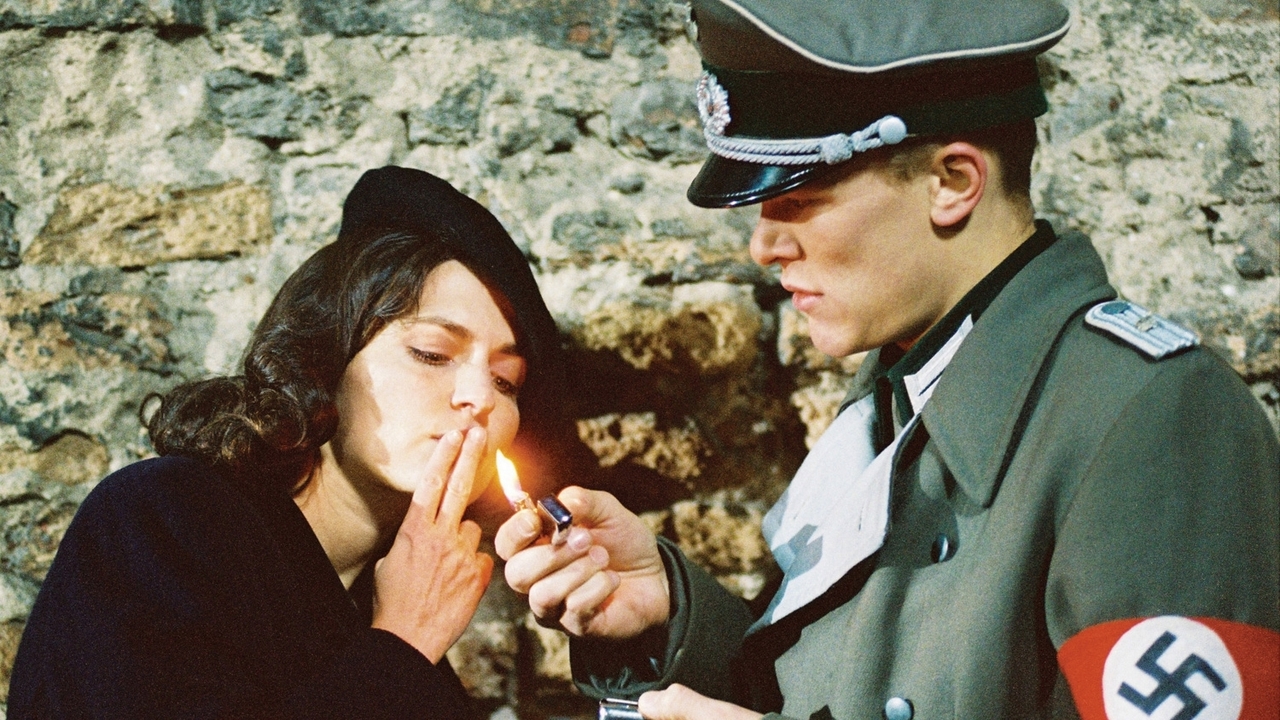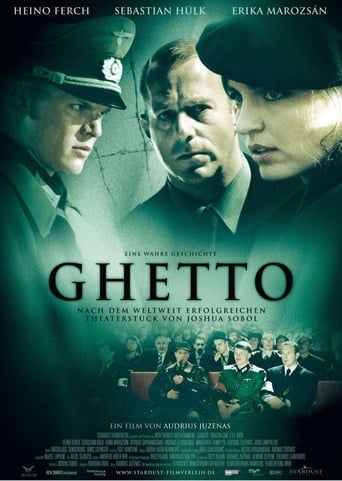

the leading man is my tpye
... View Morea film so unique, intoxicating and bizarre that it not only demands another viewing, but is also forgivable as a satirical comedy where the jokes eventually take the back seat.
... View MoreA film with more than the usual spoiler issues. Talking about it in any detail feels akin to handing you a gift-wrapped present and saying, "I hope you like it -- It's a thriller about a diabolical secret experiment."
... View MoreThis is a gorgeous movie made by a gorgeous spirit.
... View MoreVery good work, i must confess i've not seen another work of this director beside this movie.The good. The main characters are very well shaped, the artist crew, it-s so real, i have several friends that are actors, dancers, and singers, and the environment is so alike, i can see the director really knows how it is, how it feels. The Nazi guy, is the main actor, so sensitive and so unsure of what he is really doing, he was just 22 for god's sake. The end is magnificent the final performance of the main actor!!! the masacre, and at the end, there is no need of act, there is no need of keep the appearances... he could really choose what he wanted, her music and left the teather for the actors entrance.The bad. When the girl singed looked fake, she did not breath as a singer does, she should have worked on making that look real.
... View MoreThis movie has apparently not been released in the US, but I found it available on DVD in Beijing, of all places. It takes place during the war in the ghetto in Vilna (Vilnius), Lithuania and shows the brutality of war, with a Nazi leader forcing Jews to perform as actors, and using the Jewish police to carry out orders. It is somewhat melodramatic with some comedic elements, but overwhelmingly brutal. I don't know is this is based on a true story or fictional. The acting was generally good, with some high and low points. There have been better holocaust films, but as one of the genre, this one is not too bad. The film was in English, but was likely dubbed. Amazingly it was a Lithuanian-German production, which in itself is somewhat ground breaking.
... View MoreThis movie is different than most of WWII related movies. It is not as serious as other movies which makes it unique and perhaps worth watching. Although it has fairly good storyline, it is definitely not as strong as movies such as the Pianist. There is no strong character growth and it is hard to tell who is really the main character. However, it is interesting to watch how the story incorporates drama, musical, and some light humour all into a war-themed movie. I was bit disappointed in the acting, especially the voice acting. The audio almost sounds like as if it was dubbed because the voice you hear does not really go with the character. I would have rather liked if they just spoke in German, not in English. One of the main reason I watched it was because of Heino Ferch. Unfortunately, his acting seems bit artificial when compared to his acting in der Untergang and der Tunnel.Overall, it is a good film that could have been better.
... View MoreFirst of all, I had to say if you don't finish it you would never feel its goodness. Pianist described the Warsaw Ghetto from a pure view of a Jew. Schudler's list described from a view of a German with Humanity. Both are not enough. This movie shows a German (Nazi) Officer's mental struggling between evil and an artist. Between ghost and human. The same time, a Jew police of Ghetto also struggles mentally the same way, protecting and saving Jewish lives by killing and taking Jewish lives. If you were educated for a long time that the Jew are not human beings, and your nobel duty is to vanish them, but finally you found what you have been taught and told may be wrong. How pain you would be? The same thing as if you are a Christian, you found the Gospel of Juda is true?When you reach the point, the Jew Police is taking "the third child" from each pair of parents for killing while assigning "the second child" to some parents with only one. You will feel what a "job" he is doing. And I can never imagine if I have a job like this. Strong Recommended.
... View More